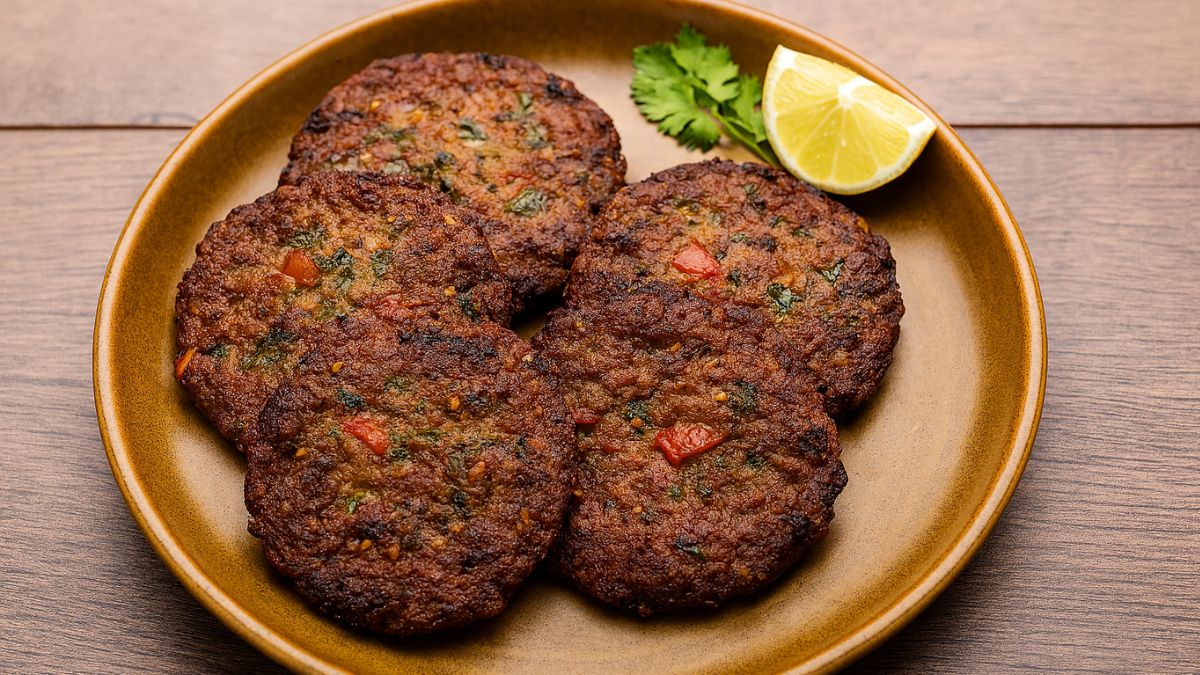Cheese has been a controversial food item at best, with many health freaks wary of the effects of its consumption. A number of junk foods contain copious amounts of cheese and it is often considered a mark of how unhealthy these foods are. However, it's the processed cheese may wreak havoc on your health. A new study has now pointed at potential benefits of consuming cheese. The study has said that consuming cheese may help protect blood vessels from damage caused by a diet rich in salt. The research also said that these potential benefits of cheese may be credited to the antioxidants present in the dairy product, which may offset adverse impacts of a high-sodium diet.
The study titled, "Controlled Feeding of an 8-d, High-Dairy Cheese Diet Prevents Sodium-Induced Endothelial Dysfunction in the Cutaneous Microcirculation of Healthy, Older Adults through Reductions in Superoxide", was published in The Journal of Nutrition. For the study, the researchers signed up a total of 11 participants without salt-sensitive blood pressure. Each of the participants was asked to follow four separate diets for a time period of eight days at a time. These four diets were- low-sodium no dairy diet, low-sodium high cheese diet, high-sodium no-dairy diet and finally, high-sodium high-cheese diet. The researchers collected urine samples of participants and monitored their blood pressure to ensure they were consuming the right amounts of salt in their diets.
Also Read: 11 Best Low-Sodium Recipes | Easy Low-Sodium Recipes
It was observed that participants on a high-sodium and no-cheese diet exhibited low blood vessel function. However, when the participants consumed the same amount of salt and the source of that salt was cheese, these effects were not observed. The study concluded by saying, "These results demonstrate that incorporating dairy cheese into a high-sodium diet preserves EDD by decreasing the concentration of superoxide radicals. Consuming sodium in cheese, rather than in nondairy sources of sodium, may be an effective strategy to reduce cardiovascular disease risk in salt-insensitive, older adults."
(This content including advice provides generic information only. It is in no way a substitute for qualified medical opinion. Always consult a specialist or your own doctor for more information. NDTV does not claim responsibility for this information.)







